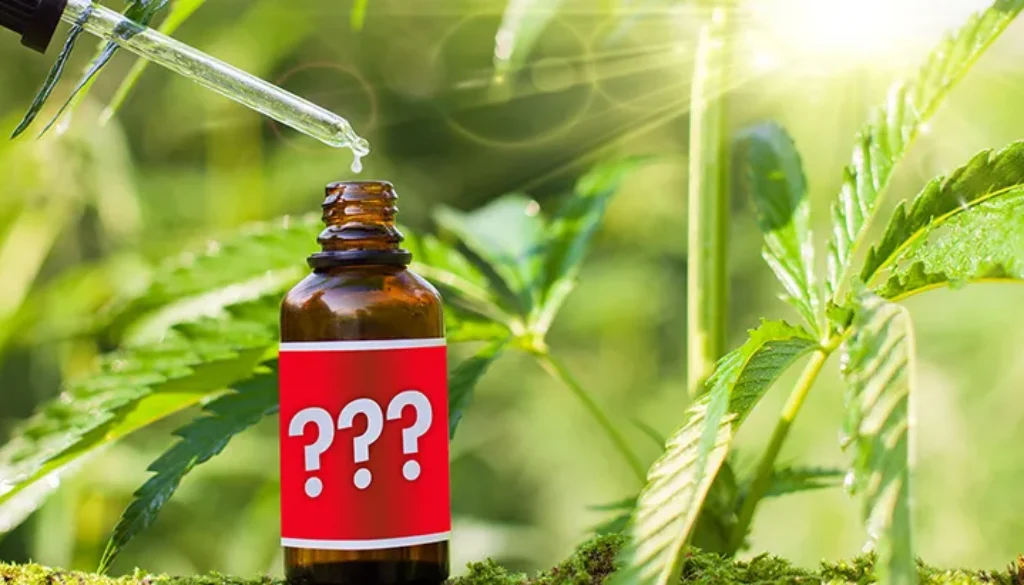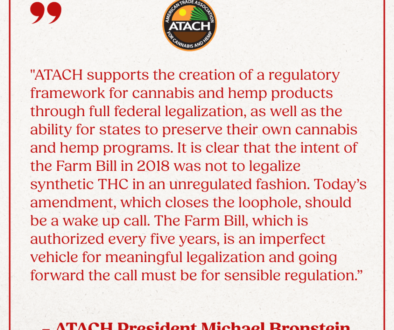The Rising Tidal Wave of Unregulated Hemp-Derived Synthetic THC Products: Why States Must Regulate Now
So far in 2024, we’ve seen a pattern emerge across multiple states—including places like Illinois, Missouri, Florida, and most recently, California. Government-supported bills aimed at regulating the booming market of the unregulated synthetic intoxicating hemp derived cannabinoid (“IDHC”) market made it through much of the legislative process, only to be stalled in the final stages.
Why? Because of a last minute, well-funded and well-coordinated advocacy effort by purveyors of synthetic IDHCs – oftentimes masking as “hemp” interests – flood lawmakers with emotional appeals about the impact on farmers, sick children, and small businesses, whom they unwittingly recruit. This advocacy is designed to be misleading and to divert attention from the real issue: the need to regulate IDHCs.
To be clear: The real threat we face is the explosion of synthetic IDHC products commonly available since the 2018 Farm Bill, now widely available in gas stations, on the internet, and still all too often finding their way into high school lockers. They are rampant, often packaged in ways that appeal directly to children— everything that a regulated market is set up to prevent. It is unconscionable.
This was never part of the original industrial hemp market envisioned by Congress. Today, that is where the real money is made, and purveyors of unregulated hemp-derived synthetic intoxicants want to continue to sell in California and across the country as fast as they can. To be clear: the issue is not natural THC or natural hemp products, rather the synthetically produced intoxicating products, oftentimes chemically converted and then marketed to the public as “hemp” and sold under the guise of being “compliant” and “natural”.
The myriad arguments put forth are worth unpacking, but they should not overshadow the urgent need for regulation of unregulated synthetic intoxicating hemp-derived cannabinoid products. They belong under the purview of regulation where their sale can be limited to adults, and their manufacturing, testing, labeling, potency, and safety can be controlled. To fail to act perpetuates the unregulated chaos and the real problems which currently exist.
Congress is looking for a solution to this growing problem, but states cannot afford to sit back and wait. They must regulate these products now to protect their citizens. We can’t lose sight of the real challenge before us and that requires sensible solutions, regulation, and swift action.




